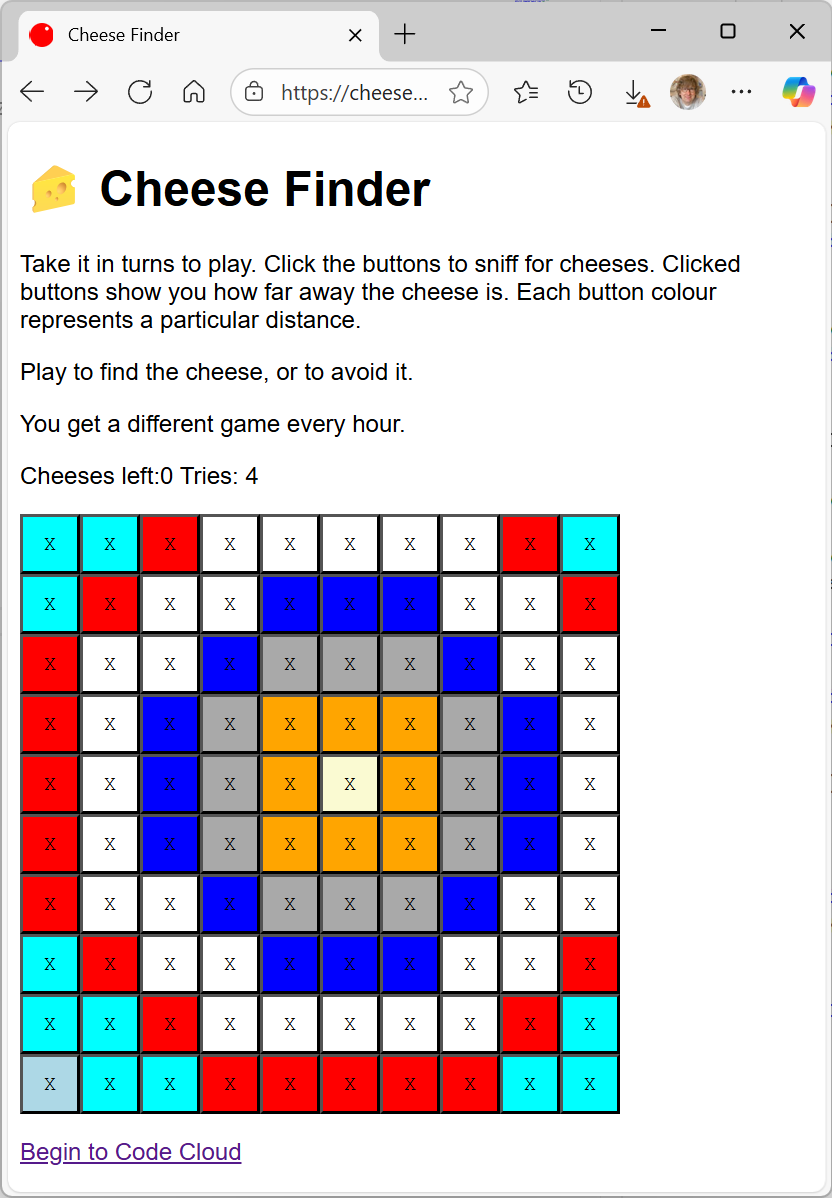Using the StopWatch class properly
/Most people don't really care about the speed that their programs run at. Unless they run too slow of course.
However, if really do want to know timings, C# provides a rather useful StopWatch class in the System.Diagnostics namespace that you can use to measure the time it takes your program to do something. You use it like this:
Stopwatch stopwatch = new Stopwatch();
stopwatch.Start();
// Do something that takes a while
stopwatch.Stop();
Console.Error.WriteLine("It took: " + stopwatch.ElapsedMilliseconds);
It is especially useful if you're trying to re-write a program so that it uses parallel processing, and you want to find out how long things take to complete. Parallel programming is where your code makes use of all the processors in your computer, not just one of them. It should be faster.
I'm writing some stuff about parallel features in C# at the moment. For a book that I might have mentioned. So I wrote two versions of the code and then discovered, to my dismay, that the one I'd carefully optimised actually seemed to run slower than the original. I know that for small data sets a parallel solution might not be worth the effort of setting up all the parallel gubbins, and I also know that if there are any shared variables that the parallel code ends up fighting over, this can impact on speed, but whatever I did, the parallel version always took at least as long as the original. Wah. Took me a little while to find the mistake. Here's my code:
Stopwatch stopwatch = new Stopwatch();
stopwatch.Start();
// Do single threaded version
stopwatch.Stop();
Console.Error.WriteLine("It took: " + stopwatch.ElapsedMilliseconds);
stopwatch.Start();
// Do parallel version
stopwatch.Stop();
Console.Error.WriteLine("It took: " + stopwatch.ElapsedMilliseconds);
The parallel version always, always takes longer than the serial version. Have you found the mistake yet?
Turns out that stopping and starting a stopwatch doesn't reset it. So the time for the parallel version is added onto the time for the original. And I'm an idiot. The method:
stopwatch.Restart();
- resets the stopwatch and starts it, so that my second operation is timed correctly. I'm now getting sensible speedups, which is nice...





